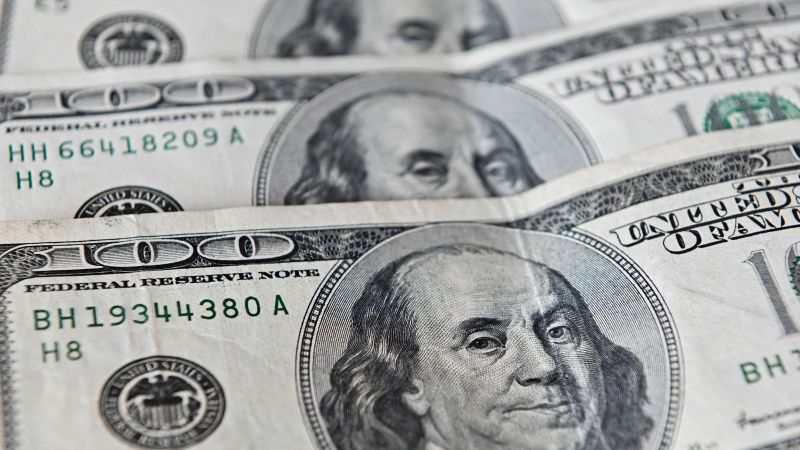There is a “significant risk” that the federal government will no longer be able to pay all its obligations in the first two weeks of June if the debt limit remains unchanged, the Congressional Budget Office said Friday.
The forecast reinforces both Treasury Secretary Janet Yellen’s estimate and the agency’s earlier warning that House Republicans and President Joe Biden may only have a few weeks to address the debt ceiling or unleash global economic and financial upheaval. Talks are underway between White House and congressional staffers.
Predicting just when the nation hits the so-called X-date, when a default would occur, is uncertain because of the timing and amount of revenue Treasury collects and the bills it has to pay.
If government collections wind up being enough to keep Treasury’s coffers flush through early June, then it’s likely the government won’t default at least until the end of July, the CBO said. The agency will get another injection of funds from second quarter estimated tax payments, which are due June 15, and from an “extraordinary measure” that becomes available at the end of that month.
About $25 billion in pay or benefits for active-duty members of the military, civil service and military retirees, veterans and recipients of Supplemental Security Income is sent out on the first day of the month, according to the CBO.
Interest payments are made around the 15th day and on the last day of the month. May’s mid-month payment is expected to be roughly $50 billion, per the CBO. End-of-month payments range from $10 billion to $16 billion over the past half year.
If the nation runs out of cash and extraordinary measures to satisfy all its obligations, which has never happened, it’s unknown how Treasury would react. Some payments could be delayed. These include paychecks for federal employees and contractors, as well as the military. Also, many other government payments could be affected, including funding for food stamps and federal grants to states and municipalities for Medicaid, highways, education and other programs.
However, payments to Social Security recipients and benefits covered under Medicare Part A, largely hospital care, are financed by trust funds. The Treasury obtains cash to make those payments by borrowing, but the disbursements lower the funds’ balances, which are held in the form of Treasury securities, the CBO said.
Because of that reduction, the payments have little net effect on the total amount of debt subject to the borrowing cap, the agency said.
The entitlements’ trust funds may allow Treasury to continue making these payments on time, said Shai Akabas, director of economic policy at the Bipartisan Policy Center.
Read the full article here
